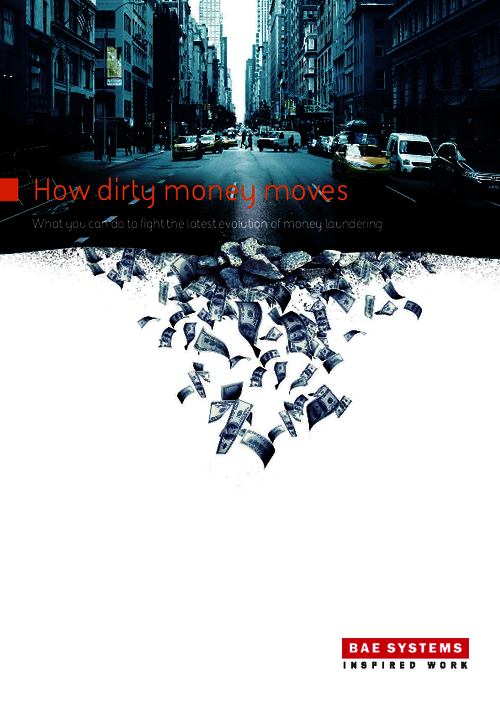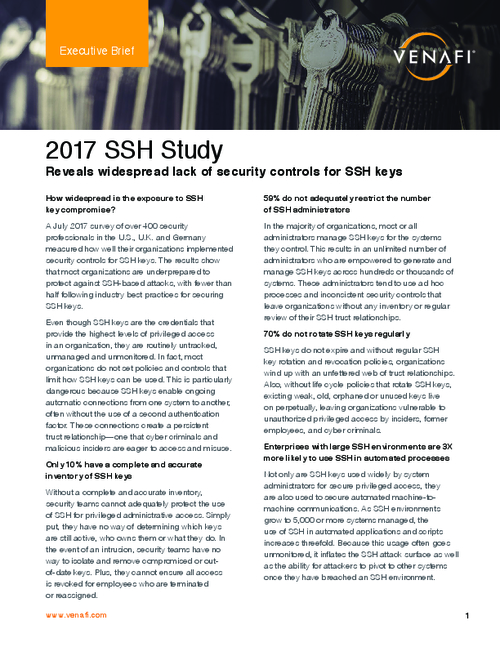Top Newsmakers of 2008
The Good Guys and Not-so-Good Guys Who Made the Headlines - and Where They Are Today We've already discussed some of the biggest news and breaches of 2008. But what about some of the people who made the news?Following is a look back at some of 2008's major newsmakers - and where they are today.
Societe Generale's Jerome Kerviel
Portrayed as both a mediocre back office flunky and a "genius" wiz kid investment banker, Societe Generale's Jerome Kerviel showed us what will happen when the right controls aren't in place at a large trading organization. Societe Generale was the second largest bank in France at the time Kerviel's fraudulent trading was uncovered.
When the story of Societe Generale's trading loss of $7 billion broke in late January, Kerviel was compared to another rogue trader, Nick Leeson, who brought about the end of British bank Barings in 1995. The bank says it was the victim of a complex deception on the part of Kerviel, but subsequently several of Kerviel's superiors at the firm resigned. Kerviel accepted an IT consultant position with a French outsourcing company after his release from custody.
Eliot Spitzer - "Client Number 9"
New York Governor Eliot Spitzer had the world seemingly at his fingertips before his ignominious and quick departure from the public eye earlier this year. Once called the "Sheriff of Wall Street," Spitzer had earlier in his career wielded a strong enforcement arm against investment bankers and traders who stepped outside of the dotted lines of acceptable behavior.
But Spitzer abruptly resigned as Governor on March 17 after a sex scandal erupted in an investigation of suspicious transactions. His predilection for extramarital liaisons with high-priced call girls would not have been discovered had his banks not filed Suspicious Activity Reports (SARs) on his money transactions, including his request to remove his name from wire transactions that he sent to QAT International, which was an offshore shell company that operated as a front for the Emperor's Club, an "entertainment agency" that arranged the illicit liaisons for clients with call girls. Disgraced Spitzer now is writing a public policy column for Slate.com.
Bernard Madoff, $50 Billion Ponzi Scammer
The final chapter of this Wall Street manager has not been written, but in early December Bernard Madoff, former chairman of the Nasdaq Market and head of a respected New York City investment firm, was charged with what may end up being the largest Ponzi scheme ever. Madoff is accused of taking $50 billion of his investors' money in an intricately woven hedge fund scam.
He now awaits trial and is being held under house arrest in his $7 million Manhattan apartment.
Countrywide Insider Rene Rebollo
The image of the hard-working employee who comes in even on the weekends was altered when Rene Rebollo, an employee at Countrywide Home Loans, was arrested and charged in August with stealing personal information of an estimated 2 million mortgage applicants. Rebollo has pled not guilty to the charges and is set to stand trial in January for the theft that allegedly netted him less than $70,000. This works out to about 2.5 cents per customer record that included Social Security numbers. The accomplice he is said to have sold some of the records to, Wahid Siddiqi of Thousand Oaks, CA, pleaded guilty to 10 counts of fraud on December 9. Siddiqi could face up to 150 years in prison when he is sentenced on March 9.
FDIC Chairwoman Sheila Bair
She was the voice in the wilderness before anyone else spotted the problems of subprime loans. She was one of the first government officials to call for more action. Bair stood up to other federal regulators and got a provision in the $700 bailout bill that temporarily raised the cap on FDIC insured deposits to $250,000. The handling of the IndyMac bank failure and Bair's temporary stoppage of all foreclosures on bank-owned loans showed the way Bair wanted mortgage servicers to cut struggling mortgage holders a break. The list can go on and on: Her handling of the Wells Fargo-Citigroup battle over Wachovia, the WaMu buyout by JPMorgan Chase, shows her mettle and ability to make the right choices for the industry. She is still calling on the government to do more for the homeowner amid the economic crisis, citing the need to help homeowners keep their homes rather than default on them.
Ben Bernanke, Chairman of the Federal Reserve
He took over as head of the Federal Reserve from a revered leader, Alan Greenspan, in 2006. When Greenspan said anything, the markets reacted. Entering office, Bernanke said he wanted to have more "open" communication about the Fed's decisions. After the financial crisis began, his approach changed. When Ben Bernanke now says anything publicly, he's measured at least twice before saying it. As one of the leaders of the ship called the American economy, Bernanke has already blazed into unchartered territory, making interest rates cuts among other moves to help breathe life back into the American economy. As an avid student of the Great Depression, Bernanke has been quoted as saying the country has reacted more quickly and with more force than the government did after the 1929 crash. He has predicted that the Fed will not stand down until the financial industry is back on its feet and more difficulties lie ahead, but the Fed won't back down and will use every tool in its arsenal.
Henry Paulson, Secretary of the U.S. Treasury
As a former chairman of Goldman Sachs, Henry Paulson knows a thing or two about the inner workings of the financial services industry. When he became Treasury Secretary in 2006, Paulson was following other Goldman Sachs chairmen into government roles. His three predecessors moved to serve in government: Jon Corzine as U.S. Senator, Stephen Friedman as chairman of the National Economic Council, and Robert Rubin as Treasury Secretary under Bill Clinton. When the financial and economic slowdown hit, Paulson was tapped by President George Bush to come up with a plan to avoid something worse. Among his plans, the conservatorship of GSEs Fannie Mae and Freddie Mac; the creation of an $85 billion credit facility for American International Group. He and Bernanke in September led the passage of the $700 billion bailout, later called the US Emergency Economic Stabilization fund, of which he is manager. He also oversees the Troubled Assets Relief Program (TARP).
President-Elect Barack Obama and his new Cabinet appointments
When President-elect Barack Obama is sworn in on January 20, 2009, his cabinet appointments will be ready to roll into their roles. Topping the list of key appointments that will affect the financial services industry is Obama's Treasury Secretary nominee, Timothy Geithner, the current New York Federal Reserve President. Other key appointments include SEC head nominee Mary Shapiro, who will be the shot in the arm that the Securities and Exchange Commission needs to pull itself out of the regulatory doldrums of the past eight years.






















